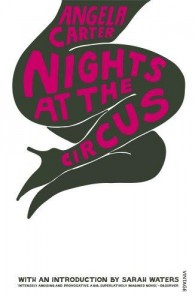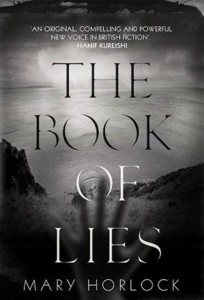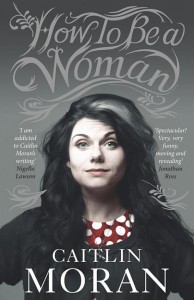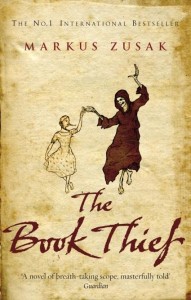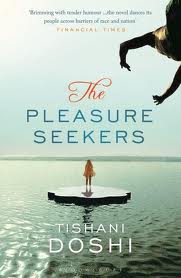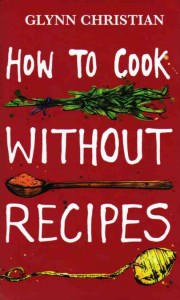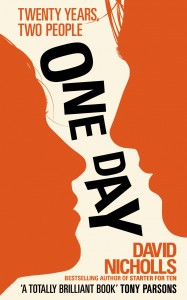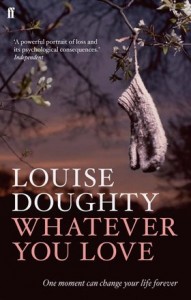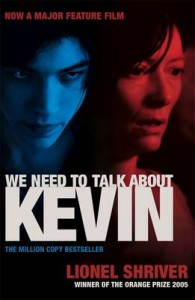I read this book because it was recommended by Sue Perkins when she was a guest on My Life in Books. It’s the story of Sophie Fevvers, a trapeze artist who is part woman, part swan and Jack Walser, a journalist on a quest to discover the truth behind her identity. It is set at the turn of the century and the book’s three parts take place in London, St Petersburg and Siberia respectively.
Before I started it I wasn’t aware that ‘Nights’ is a work of magic realism so I found the first part of the book confusing and off-kilter, so much so that I had to start again from the beginning. The other aspect of this book that made it hard work is the enormous number of words whose meanings I had to look up. I think it was more than one word per page on average and at 350 pages long, this made the experience feel very disjointed.
However there was plenty that I enjoyed in this book. Actually, the word plenty is apt as the book is simply bursting at the seams with things for me to ponder. It’s filled with colourful charcacters. There are numerous metaphors, most of which I haven’t yet untangled. An abundance of mini fairy stories sewn into the main plot which delight and disgust in equal measures. The joke at the end was hilarious. But as well as humour the book has important things to say. These are my favourite quotes:
“What is marriage but prostitution to one man instead of many?”
“Wherein does a woman’s honour reside, old chap? In her vagina or in her spirit?”
Overall, Nights at the Circus is fascinating and wondrous but I did find it a bit of a slog. It’s a book that needs to be studied. The fantasy element does provide some escapism but it doesn’t do the book justice to ignore all its other aspects.
(19th in 2012)
